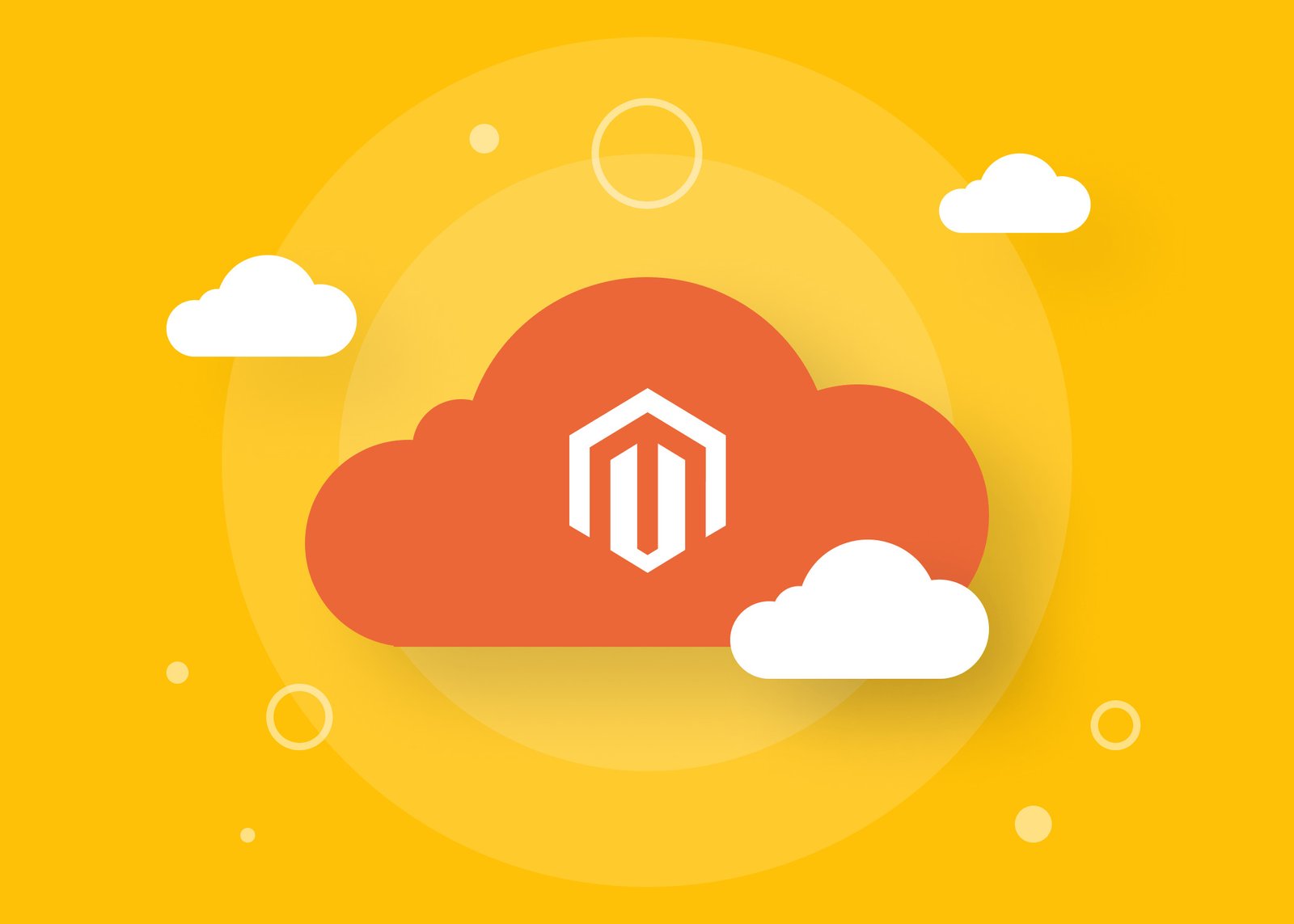
In the fast-evolving world of ecommerce, businesses need a scalable and flexible platform to stay competitive. Magento Cloud is a robust, cloud-hosted solution that provides retailers with advanced features, seamless integrations, and enterprise-level performance. Designed for businesses of all sizes, it offers a secure, scalable, and customizable platform for creating high-performing online stores. With Magento Commerce Cloud, businesses benefit from built-in cloud hosting, automatic updates, and powerful tools for managing products, customers, and marketing campaigns. Whether you’re a growing brand or an established enterprise, this platform enables you to optimize performance, enhance user experience, and increase conversions. In this guide, we’ll explore its key features, benefits, and how it compares to other ecommerce solutions.
What is Magento Commerce Cloud?
1. Overview of Commerce Cloud
Magento Cloud is an enterprise-level, cloud-based version of Magento that offers:
Fully managed cloud hosting with high security
Integration with Adobe Commerce for enhanced functionality
Scalable architecture to support growing businesses
Automatic updates and maintenance for seamless performance
2. Key Differences from Magento Open Source
While Magento Open Source is a free, self-hosted version, Magento Commerce offers:
Built-in cloud hosting for hassle-free deployment
Advanced B2B and B2C features
AI-driven personalization with Adobe Sensei
Faster performance and automated security patches
Features of Magento Cloud
1. Cloud Hosting and Scalability
Magento Commerce is hosted on AWS and Azure, providing:
High availability and uptime
Auto-scaling to handle traffic surges
Global content delivery network (CDN) for fast load times
2. Advanced Security and Compliance
Any ecommerce platform’s basic strength is its foolproof security. Magento Cloud offers:
PCI-compliant infrastructure
DDoS protection and data encryption
Regular security updates and automated backups
3. Seamless Integration with Adobe Commerce
Magento Commerce is part of the Adobe Commerce ecosystem, providing:
AI-powered recommendations with Adobe Sensei
Personalized shopping experiences
Integrated marketing and analytics tools
4. Performance Optimization
With built-in caching, performance tuning, and CDN integration, Magento Cloud ensures:
Faster page load times
Reduced server load
Improved SEO rankings
5. Multi-Store and Global Expansion Capabilities
For businesses looking to expand internationally, Magento Cloud offers:
Multi-store and multi-language support
Custom pricing and tax rules for different regions
Integration with global payment gateways
Benefits of Choosing Magento Commerce
1. Hassle-Free Hosting and Maintenance
Since Commerce Cloud is fully hosted, businesses don’t have to worry about server management, security patches, or software updates.
2. Enhanced Customization and Flexibility
With an open-source architecture, businesses can customize their stores to match their brand identity and operational needs.
3. AI-Powered Personalization
Adobe Sensei’s AI-driven features help improve customer engagement by offering personalized recommendations and automated product suggestions.
4. Superior Customer Experience
Fast-loading pages, seamless checkout, and mobile-friendly designs enhance user experience, leading to higher conversion rates.
5. Future-Proof Scalability
Magento Cloud grows with your business, allowing easy integration of new features, third-party tools, and global expansion strategies.
Magento Commerce Cloud vs. Other ecommerce Platforms
1. Magento Commerce vs. Shopify Plus
Magento Cloud: More flexibility, customization, and scalability but requires technical expertise.
Shopify Plus: Easier to use but less customizable and has higher transaction fees.
2. Magento Cloud vs. WooCommerce
Magento Commerce: Better for large businesses needing enterprise-level solutions.
WooCommerce: More suitable for small businesses using WordPress.
3. Magento Commerce vs. BigCommerce
Magento Cloud: Offers deep customization and multi-store support.
BigCommerce: Easier setup but limited in flexibility and complex B2B functionality.
How to Get Started with Magento Commerce Cloud
1. Assess Your Business Needs
Determine whether your business requires enterprise-level features, cloud hosting, and scalability.
2. Choose the Right Cloud Plan
Magento offers different pricing tiers based on your business size and requirements.
3. Work with a Magento Development Partner
Hiring a Magento-certified agency ensures smooth implementation and customization.
4. Optimize for Performance and SEO
Ensure your store is optimized for fast loading, mobile responsiveness, and search engine visibility.
5. Utilize Adobe Commerce Features
Take advantage of AI-driven analytics, personalization, and marketing automation to improve sales and customer retention.
Magento Commerce Cloud is a powerful, enterprise-level ecommerce platform that provides businesses with flexibility, security, and scalability. With cloud hosting, advanced security measures, and seamless Adobe Commerce integration, it offers a complete solution for growing brands and established enterprises.
By leveraging Magento Commerce Cloud, businesses can create a high-performance, customer-centric online store that adapts to market trends and scales with demand. Whether you’re expanding internationally or enhancing customer experience, this platform provides the tools needed for long-term success in the competitive ecommerce landscape.

